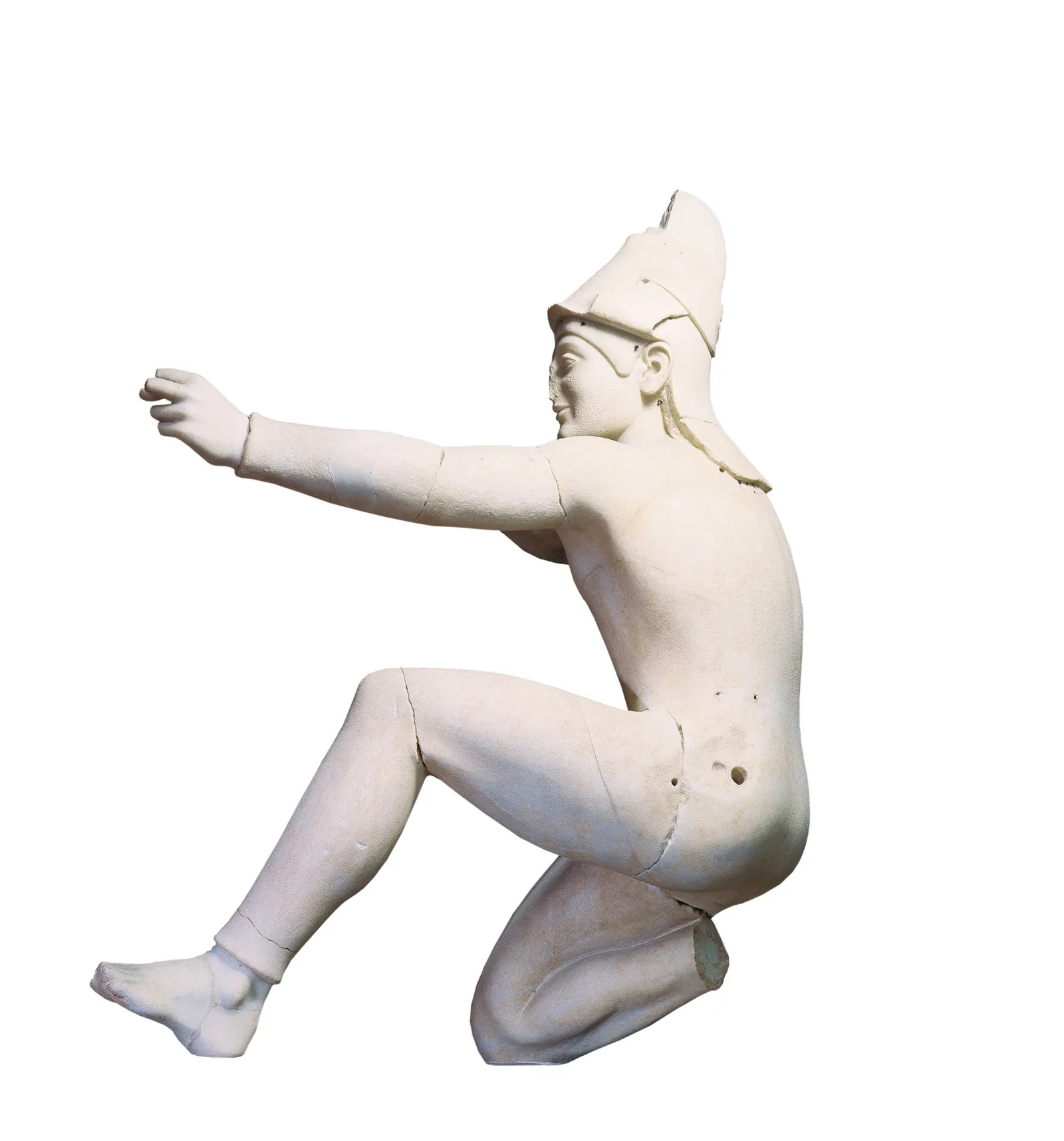The Romanticization of Ancient Greece & Rome:
A Brief Intro
From Dante and Shakespeare to modern day fanfiction, people have always been referencing, retelling, and reinterpreting classical myths and settings in art. Often, these newer versions can be nearly unrecognizable compared to the original myths…
To be honest, I'm not quite sure where I stand: on one side, I want to support free-expression and the right to tell whatever stories you want, but, at the same time, I'm strongly against people “revising" history to ignore various forms of systemic oppression. Sometimes this apparently comes from genuine ignorance of the reality of the situation, sometimes it's a delusion you tell yourself to make yourself feel better, sometimes it's just outright bigotry – whatever the reason, I don't believe historical revisionism can be justified. That may seem very overdramatic, but I genuinely believe that this is a major problem facing the current generation, and one that really needs to be addressed.
As a quick example, if you used Tumblr circa 2014, you may be familiar with a certain post, featuring a screenshot from the then extremely popular mobile game, Trivia Crack, asking: “What Greek Goddess is known for being the most beautiful?" After a series of replies trying to decide what answer would be the least likely to lead to a slow painful death, user @28weekslaterhater responds:
Another tip: name Mesperyian. Not only will you shock everyone, including her (since Aphrodite was a jealous ho who burnt half her face off, but you'll win Hades' favour. As his most beloved daughter, anything that praises her will make you a kind human to her, an okay human to him, and a genuinely good person to anyone else.
Surviving subsequent replies "heartily endorse this alternative answer," as shown by a screenshot uploaded to Reddit (it seems the original post has been scrubbed from the internet). Tumblr user @one-in-lemillion later recalls the incident, explaining how no one seemed to notice that this alleged daughter of Hades and Persephone has no actual historical basis and was apparently just made up on the spot. In other words, no one bothered to fact check this post and just took this random stranger's words at face value. In the modern age, misinformation can spread so rapidly and people apparently don't even think to question what they're told or where that information may have come from. What a horrifying combination! Also shown in the full screenshot are examples of the popular characterizations of mythical figures, which also give me pause, for many of the same reasons (mostly how complex ideas are simplified and made more 'appetizing' to a modern audience, rather than being portrayed authentically).
Putting aside the horrific implications of a populace that apparently is happy to accept whatever they want to hear, you may ask yourself, still, why is this such a big deal? So what if some kids on the internet have a misunderstanding of Classical myths? They aren't hurting anyone, are they? They're just having some fun!
The issue is: this actually is a slippery slope. It betrays a lack of curiousity or desire for the truth that likely bleeds into other parts of their lives, for one. But, also, specifically the spreading of lies and misinformation about antiquity can and has had many other consequences...
It would almost be impossible to fully describe the inspiration that modern Westerners have drawn from the Classical Age, as it has touched basically every facet of our lives: our concepts of art, literature, government, ethics, philosophy, etc all stem from antiquity. ...But, in a funny way, they don't, actually – rather, they stem from modern interpretations of ancient ways and beliefs.
A particularly notable example of this is found with statues. Basically every statue made in the West in the last thousand or so years has been white marble or bronze – distinctly unpainted. If you go to an art museum, that's all you're going to see. Why? Because that's how ancient sculptures – the pinnacle of Art and Culture – were!
But, that's not actually the case. As Margret Talbot explains in her 2018 article for The New Yorker, “The Myth of Whiteness in Classical Sculpture," many ancient sculptures have been found to have small flecks of remaining pigment, with the rest having simply been scrubbed off over time from exposure to the elements. The exciting news is that recent scientific innovations have allowed researchers to examine the chemical compositions of these residual pigments and recontruct what the sculptures would've originally looked like:


This revelation is rather shocking! Talbot continues to describe how many people completely refuse to acknowledge the fact that classical sculptures were actually painted, either out of stubbornness or straight racism. Starting around the 1700's, a belief developed that Greek and Roman sculptures were unpainted on purpose, in contrast to the vibrant colors found in other parts of the world. For example, German author Johann Wolfgang von Goethe wrote in his 1810 book, The Theory of Colors:
savage nations, uneducated people, and children have a great predilection for vivid colors… people of refinement avoid vivid colors in their dress and the objects that are about them.
So, as you can see, this simple misinterpretation of the facts (that if a sculpture is white now, it must always have been white) has ended up greatly contributing to the West's superiority complex over the rest of the world! Like, yes, I must admit that there is a certain appeal to plain, white marble… but should that really be the only option? Is it somehow “better" or “more refined" than the alternative? Does any of that matter??
In summary, I think that certain historical scenes and settings will always be romanticized. There's nothing we can do about that and there's nothing inherently wrong with that. But I don't think we should allow ourselves to get completely sucked away from reality, idolizing a world that only exists in our heads, either. More specifically, real people shouldn't suffer as a result of our fantasies…